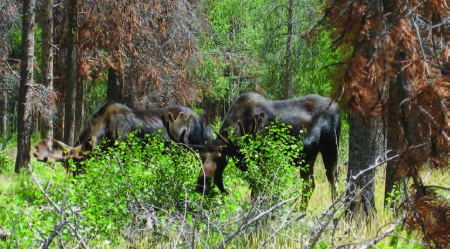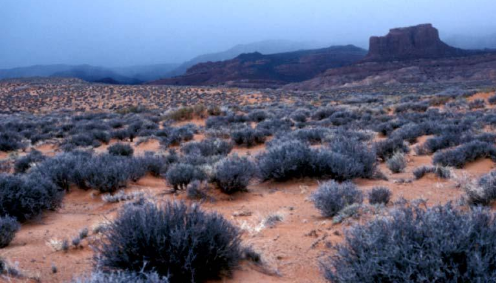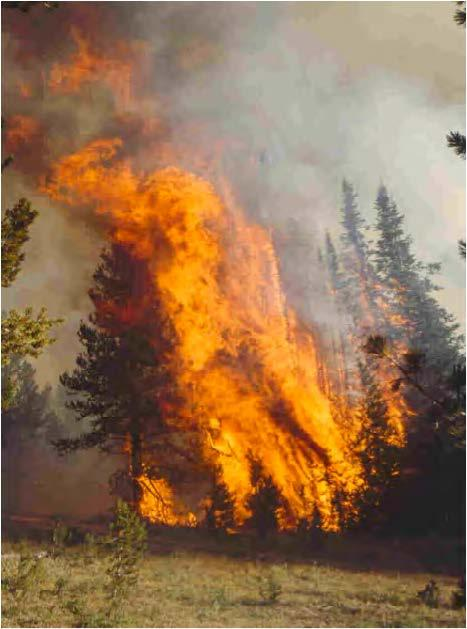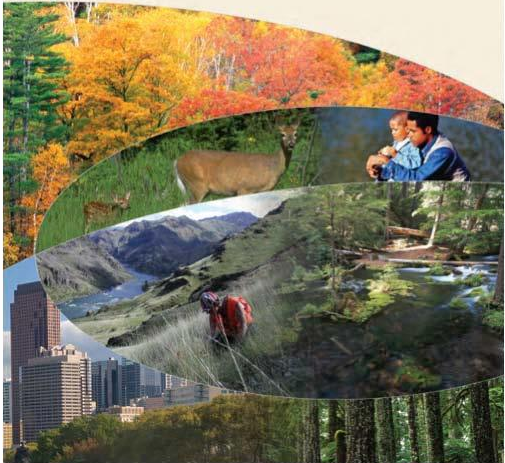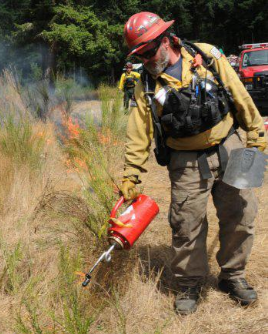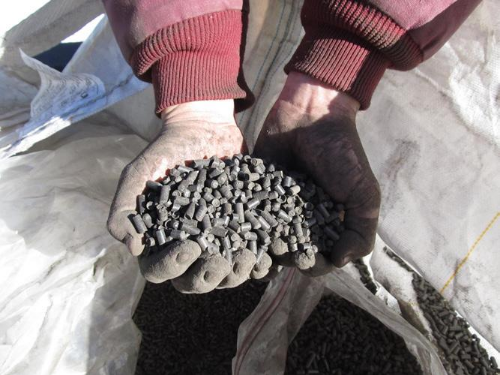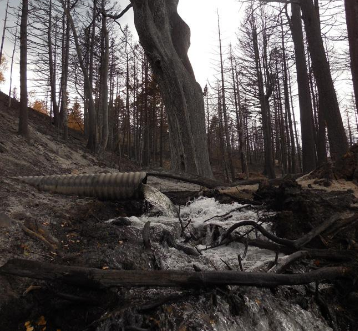From the Rocky Mountain Research Station:Changing climatic conditions and an abundance of dense, mature pine forests have helped …
Wildfire triage: Targeting mitigation based on social, economic, and ecological values
From the Rocky Mountain Research Station:Evaluating the risks of wildfire relative to the valuable resources found in any managed …
Upwardly mobile in the western U.S. desert: Blackbrush shrublands respond to a changing climate
From the Rocky Mountain Research Station:Blackbrush (Colegyne ramosissima) is a desert shrubland species that is currently …
Seeing red: New tools for mapping and understanding fire severity
From the Rocky Mountain Research Station:Large, severe fires are ecologically and socially important because they have lasting …
Continue Reading about Seeing red: New tools for mapping and understanding fire severity
Coming to a landscape near you: Natural resource changes in the Interior West
From the Rocky Mountain Research Station:In the coming decades, population growth, economic growth, and associated land-use …
Continue Reading about Coming to a landscape near you: Natural resource changes in the Interior West
Fire and forethought: Fire effects syntheses are a powerful tool for planning and management across resource fields
From the Rocky Mountain Research Station:The Rocky Mountain Research Station’s Fire Effects Information System (FEIS) team …
Burgeoning biomass: Creating efficient and sustainable forest biomass supply chains in the Rockies
From the Rocky Mountain Research Station:Woody biomass could be used to generate energy in the western U.S. if the utilization …
Protecting the source: Tools to evaluate fuel treatment cost vs. water quality protection
From the Rocky Mountain Research Station:High-intensity wildfires are one of the leading causes of severe soil erosion in western …

